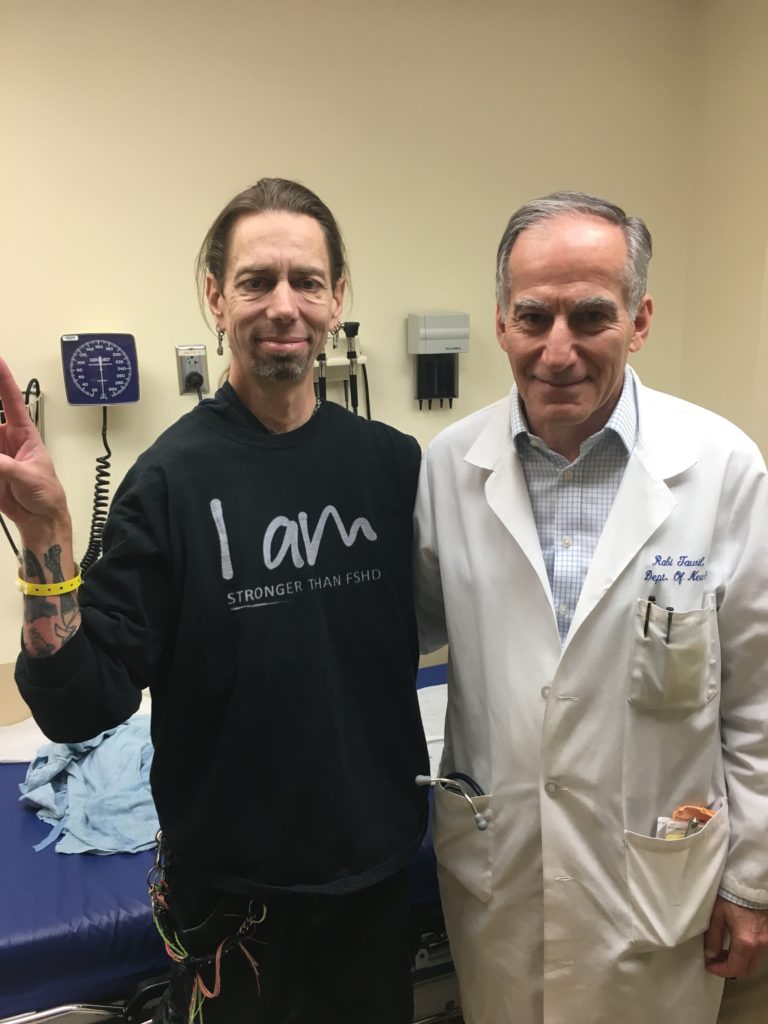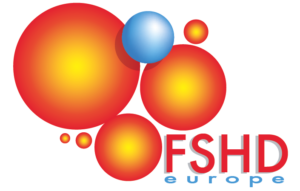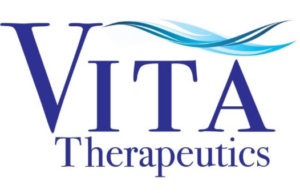
To crack the code of FSHD, patients are absolutely essential
All of the breakthroughs—the discovery of the genetic causes, understanding why some patients vary so greatly in the severity of their symptoms, teasing out the biochemical pathways that could point to future treatments—were made because patients stepped up to the plate.
Too often, we hear patients say they’ll volunteer when there’s a treatment. But we will never get to a treatment unless patients participate in fundamental research now. FSHD is uniquely human, so no laboratory mouse can ever fully model the disease. The genetic “package” that causes FSHD is found only in people. We owe an enormous debt to the patients who give DNA samples. Who submit to long interviews and exhausting physical tests. Allow a surgeon to cut out a small muscle sample. Who fight claustrophobia to lie in the narrow bore of an MRI machine.
Equally important are patients’ family members, both affected and unaffected, who provide the best experimental controls because of their shared genetic and environmental backgrounds. A parent or sibling who has very mild symptoms may hold the key to understanding the factors that protect against the full-blown development of FSHD symptoms in a more severely affected family member.
We are more hopeful today than ever before that a treatment is within sight. We cannot guarantee when that treatment will arrive, but here’s one thing we guarantee: If you volunteer for research, your participation will without question help move us a step closer to that day.
Scientific Overview of FSHD
Read the latest on wikipedia
Glossary of Scientific Terms
The challenges of the new era
What can you do to help? When we say that we are embarking on a new era in clinical trials, what do we mean? After all, we have seen previous… Read More »
About early-onset FSHD
Our webinar with Dr. Tina Duong remains timely and important for families with FSHD. In it, she focuses on individuals with early-onset FSHD, meaning those who develop symptoms in their… Read More »
European FSHD patients speak out
To coincide with World Rare Disease Day FSHD Patients across Europe say what they want from clinical trials Announcement by FSHD Europe FSHD Europe is pleased to publish the Lay… Read More »
Vita Therapeutics seeks volunteers
Participate in a research study on a muscle regenerating treatment for FSHD Vita Therapeutics is a cell engineering company harnessing the power of genetics to develop cellular medicines in the… Read More »






